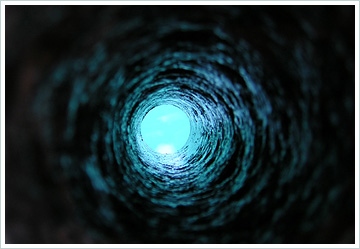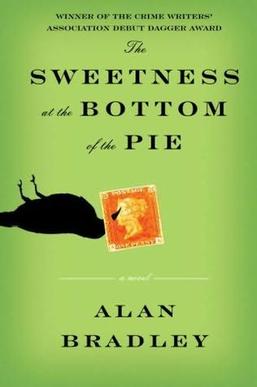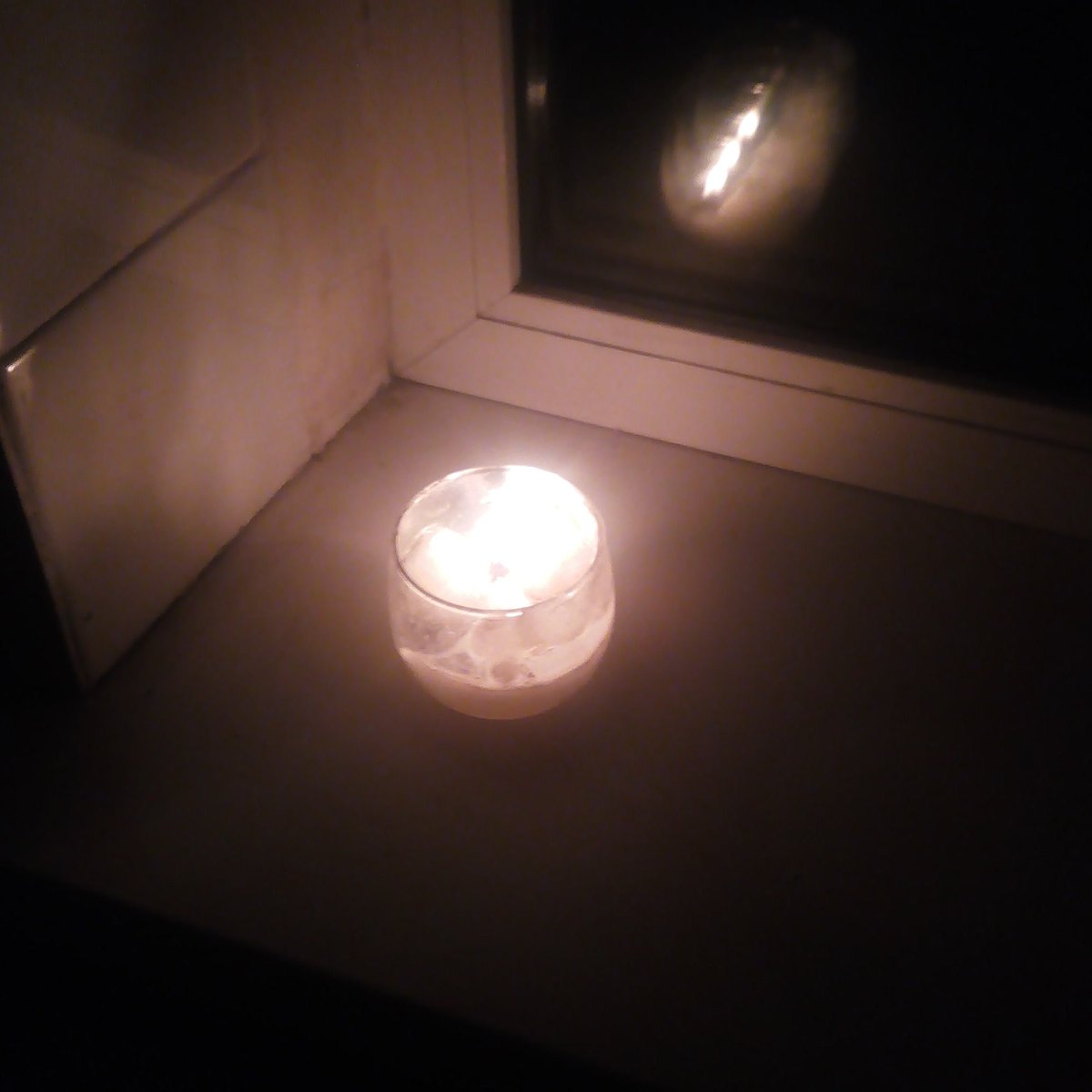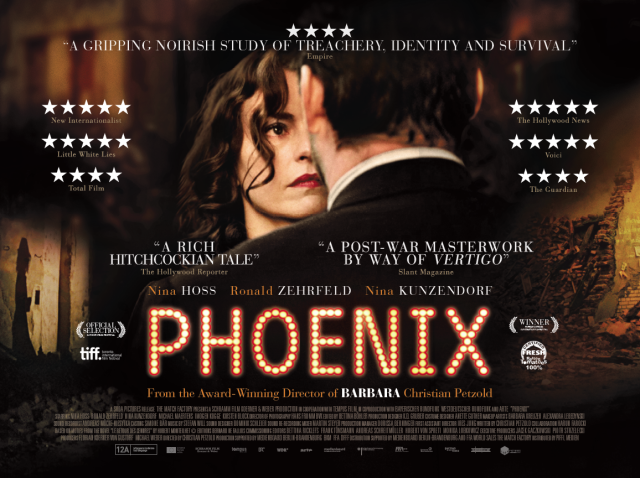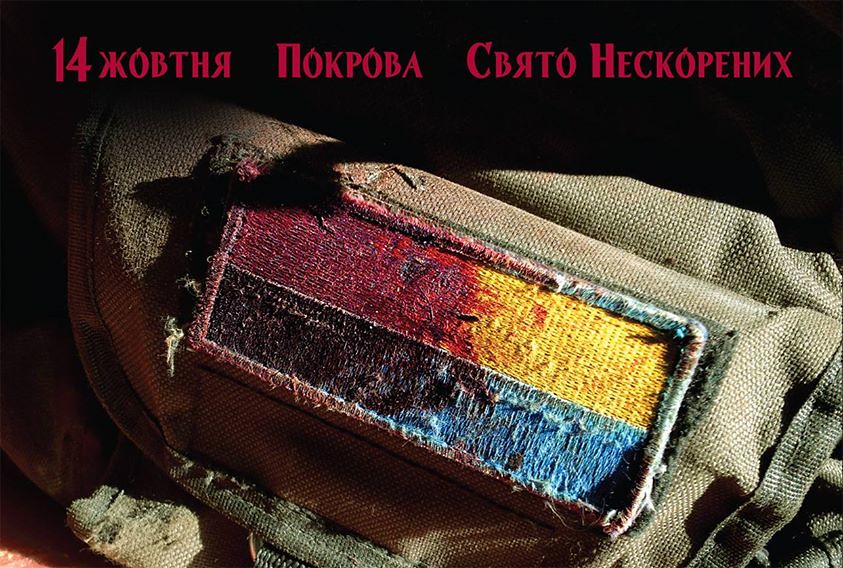Ещё одна порция книг, кратенько
пʼятниця, 25 грудня 2015 р.
понеділок, 21 грудня 2015 р.
вівторок, 15 грудня 2015 р.
понеділок, 14 грудня 2015 р.
неділя, 13 грудня 2015 р.
четвер, 10 грудня 2015 р.
середа, 9 грудня 2015 р.
вівторок, 8 грудня 2015 р.
понеділок, 7 грудня 2015 р.
неділя, 6 грудня 2015 р.
четвер, 3 грудня 2015 р.
середа, 2 грудня 2015 р.
субота, 28 листопада 2015 р.
вічна пам'ять
In memoriam all those who died in Holodomor, the genocide of Ukrainian people, artificial famine created by Soviet regime.
четвер, 26 листопада 2015 р.
середа, 25 листопада 2015 р.
вівторок, 17 листопада 2015 р.
Имеющим уши
Неуслышанные предостережения Роберта Конквеста
Згадую, як вразили мене ще в дитинстві "Жнива скорботи". Після цього почав розпитувати бабусю.
Згадую, як вразили мене ще в дитинстві "Жнива скорботи". Після цього почав розпитувати бабусю.
понеділок, 16 листопада 2015 р.
неділя, 15 листопада 2015 р.
Tired of multiculturalism: reasons for rise of the EU right-wing
Хорошая иллюстрация. События в Париже приведут к усилению ультра-правых Европы.
Немного аналитики - писал после теракта в Charlie Hebdo. Сейчас ситуация только ухудшилась:
'For the fatherland, peace, German culture, against religious bigotry, against islamization and multiculture' - such slogan is proclaimed by poster in the hands of protesters at the recent PEGIDA demonstration (Patriotische Europäer gegen die Islamisierung des Abendlandes - Patriotic Europeans Against the Islamization of the West), which took place in Dresden, eastern Germany on January 12, 2015 after notorious Islamist terrorists attack on the French satirical magazine Charlie Hebdo.
The example given above is the best illustration of the fears of modern Western Europeans, especially average citizens of wealthy "locomotives of the EU" - Germany and France. Nationalist slogans are no longer the privilege of skinhead youth. Now respectable philistines are marching with them, too, swelling the ranks of the so-called “pinstriped Nazis”.
And these fears of the middle class are quite understandable. Obviously long-term efforts to integrate immigrants, especially Muslims, into European society did not bring the expected results. Europe is at a crossroads. It is not yet clear what strategic measures will be taken by leadership of the EU countries. One thing is certain: just to maintain the status quo and to do nothing is no longer an option. The electorate is expressing dissatisfaction increasingly, and politicians have to react somehow to these new challenges to European security - or they will be replaced.
Exactly this is the hope of the populist right-wing camp, which took recent events as a gift of fate, judging by its tireless activity on a wave of public indignation after the Islamists terrorist attacks in Paris. People are afraid, people feel insecure, people want to be protected, and it serves as an excellent basis for making the political capital of nationalist parties. As noted by Paul Sheehan: 'This is why France faces a potential political storm in the 2017 presidential elections. The front-runner is Marine Le Pen, head of the Front National, which for many years functioned as a far-right fringe party. It no longer inhabits the fringe.'
The situation is aggravated by an economic crisis, the symptoms of which, in particular an increase of the number of unemployed, has contributed to the exaltation of right-wing sentiments in society and growth of aggression against migrants, and not only immigrants from Asia and Africa, but even people from less successful EU countries (such as Romania, for example). Supranational EU structures must withstand this ordeal of economic difficulties, the results of which will show in practice, whether united Europe is able to create a new European identity, or our continent would return to the era of competing nations, each of which is inspired by its own myth of primordial national superiority. Yet the situation is disappointing and the growth of nationalist sentiment in the societies of the EU countries illustrates this quite clearly. As George Friedman writes in his recent article: 'That is precisely the question of the European Union. Can an entity, founded on nations of wildly different customs, expectations and economies long endure and share a common fate?'
Most nationalist parties of EU states practice the ideology of euroscepticism and answer this question with strong 'No'. The last disturbing signal of this political trend is the government of eurosceptics in Greece, where new prime minister Alexis Tsipras headed a coalition formed by the forces, combination of which was just impossible to imagine yesterday: left radicals Syriza and far-right Greek party Independent Greeks (known by its Greek acronym Anel), notable for its xenophobia, antisemitism and homophobia. This nationalist party made full use of enmity rhetoric against Germany, blamed for the debt problems of Greece. The situation is complicated by the fact that radical political forces that came to power in Greece, have a long association with Putin regime, in particular with Aleksandr Dugin, an infamous ideological inspirer of 'Russian Irredenta' (which is in fact a plain attack on the territory of a neighboring sovereign state much like Hitler's claim of Sudetes) and leader of Russian fascist 'Eurasianism movement'. Unfortunately, this is not the only case in which Russia uses the extreme right of the EU states in order to destroy European unity from within.
Deepening economic contradictions between EU countries contributed to the increasing popularity of nationalism, which is used by populists for taking political power. The right-wing parties in EU play on nationalist ideas, turning public resentment against both minorities inside the country and neighboring EU states. As George Friedman wrote in his last review: 'The question about Europe now is not whether it can retain its current form, but how radically that form will change.' The EU's ability to overcome these difficulties maintaining unity depends on the wisdom of its leaders and its citizens.
Немного аналитики - писал после теракта в Charlie Hebdo. Сейчас ситуация только ухудшилась:
'For the fatherland, peace, German culture, against religious bigotry, against islamization and multiculture' - such slogan is proclaimed by poster in the hands of protesters at the recent PEGIDA demonstration (Patriotische Europäer gegen die Islamisierung des Abendlandes - Patriotic Europeans Against the Islamization of the West), which took place in Dresden, eastern Germany on January 12, 2015 after notorious Islamist terrorists attack on the French satirical magazine Charlie Hebdo.
The example given above is the best illustration of the fears of modern Western Europeans, especially average citizens of wealthy "locomotives of the EU" - Germany and France. Nationalist slogans are no longer the privilege of skinhead youth. Now respectable philistines are marching with them, too, swelling the ranks of the so-called “pinstriped Nazis”.
And these fears of the middle class are quite understandable. Obviously long-term efforts to integrate immigrants, especially Muslims, into European society did not bring the expected results. Europe is at a crossroads. It is not yet clear what strategic measures will be taken by leadership of the EU countries. One thing is certain: just to maintain the status quo and to do nothing is no longer an option. The electorate is expressing dissatisfaction increasingly, and politicians have to react somehow to these new challenges to European security - or they will be replaced.
Exactly this is the hope of the populist right-wing camp, which took recent events as a gift of fate, judging by its tireless activity on a wave of public indignation after the Islamists terrorist attacks in Paris. People are afraid, people feel insecure, people want to be protected, and it serves as an excellent basis for making the political capital of nationalist parties. As noted by Paul Sheehan: 'This is why France faces a potential political storm in the 2017 presidential elections. The front-runner is Marine Le Pen, head of the Front National, which for many years functioned as a far-right fringe party. It no longer inhabits the fringe.'
The situation is aggravated by an economic crisis, the symptoms of which, in particular an increase of the number of unemployed, has contributed to the exaltation of right-wing sentiments in society and growth of aggression against migrants, and not only immigrants from Asia and Africa, but even people from less successful EU countries (such as Romania, for example). Supranational EU structures must withstand this ordeal of economic difficulties, the results of which will show in practice, whether united Europe is able to create a new European identity, or our continent would return to the era of competing nations, each of which is inspired by its own myth of primordial national superiority. Yet the situation is disappointing and the growth of nationalist sentiment in the societies of the EU countries illustrates this quite clearly. As George Friedman writes in his recent article: 'That is precisely the question of the European Union. Can an entity, founded on nations of wildly different customs, expectations and economies long endure and share a common fate?'
Most nationalist parties of EU states practice the ideology of euroscepticism and answer this question with strong 'No'. The last disturbing signal of this political trend is the government of eurosceptics in Greece, where new prime minister Alexis Tsipras headed a coalition formed by the forces, combination of which was just impossible to imagine yesterday: left radicals Syriza and far-right Greek party Independent Greeks (known by its Greek acronym Anel), notable for its xenophobia, antisemitism and homophobia. This nationalist party made full use of enmity rhetoric against Germany, blamed for the debt problems of Greece. The situation is complicated by the fact that radical political forces that came to power in Greece, have a long association with Putin regime, in particular with Aleksandr Dugin, an infamous ideological inspirer of 'Russian Irredenta' (which is in fact a plain attack on the territory of a neighboring sovereign state much like Hitler's claim of Sudetes) and leader of Russian fascist 'Eurasianism movement'. Unfortunately, this is not the only case in which Russia uses the extreme right of the EU states in order to destroy European unity from within.
Deepening economic contradictions between EU countries contributed to the increasing popularity of nationalism, which is used by populists for taking political power. The right-wing parties in EU play on nationalist ideas, turning public resentment against both minorities inside the country and neighboring EU states. As George Friedman wrote in his last review: 'The question about Europe now is not whether it can retain its current form, but how radically that form will change.' The EU's ability to overcome these difficulties maintaining unity depends on the wisdom of its leaders and its citizens.
субота, 7 листопада 2015 р.
the latest vanity card from The Big Bang Theory
пʼятниця, 30 жовтня 2015 р.
четвер, 29 жовтня 2015 р.
вівторок, 27 жовтня 2015 р.
середа, 14 жовтня 2015 р.
Покрова
Вітаю всіх чоловіків та жінок, які боронять Батьківщину. Хай таланить живим, вічна пам'ять полеглим. Слава Україні!
неділя, 11 жовтня 2015 р.
~~~
Осень.
Холодные ночи.
Терпкий вкус ягод рябины напомнил
Губы той,
Что уже так далеко
Скрылась во мгле
Ушедших времён.
Холодные ночи.
Терпкий вкус ягод рябины напомнил
Губы той,
Что уже так далеко
Скрылась во мгле
Ушедших времён.
середа, 30 вересня 2015 р.
четвер, 24 вересня 2015 р.
~~~
everyday
I pass by an old man
who sits on his porch
with his chau-chau
dog is old too
and fuzzy
it lies there calmly
like a little old lion
recalling its young days
in this city jungle
I pass by an old man
who sits on his porch
with his chau-chau
dog is old too
and fuzzy
it lies there calmly
like a little old lion
recalling its young days
in this city jungle
середа, 23 вересня 2015 р.
субота, 19 вересня 2015 р.
четвер, 17 вересня 2015 р.
Брати
Щойно з допрем'єрного показу, під дуже сильним враженням.
Стрічка непроста, стрічка дуже потужна, стрічка ще незвична, як мені здається, для українського кінематографу. Дуже сподіваюся, що творів такою сили і такої глибини буде все більше.
Знято з великою майстерністю, вражає праця оператора, чудово пасує музика.
Дуже приємно було зустрітися з режисеркою та акторкою, послухати їхні думки, їхні враження - зокрема, про показ фільму на фестивалі у Москві та реакцію тамтешньої публіки.
Людей було багато, запитань та емоцій теж. Чудовий кінематографічний вечір.
Стрічка непроста, стрічка дуже потужна, стрічка ще незвична, як мені здається, для українського кінематографу. Дуже сподіваюся, що творів такою сили і такої глибини буде все більше.
Знято з великою майстерністю, вражає праця оператора, чудово пасує музика.
Дуже приємно було зустрітися з режисеркою та акторкою, послухати їхні думки, їхні враження - зокрема, про показ фільму на фестивалі у Москві та реакцію тамтешньої публіки.
Людей було багато, запитань та емоцій теж. Чудовий кінематографічний вечір.
вівторок, 15 вересня 2015 р.
понеділок, 14 вересня 2015 р.
пʼятниця, 11 вересня 2015 р.
середа, 9 вересня 2015 р.
неділя, 12 квітня 2015 р.
субота, 11 квітня 2015 р.
Підписатися на:
Коментарі (Atom)
